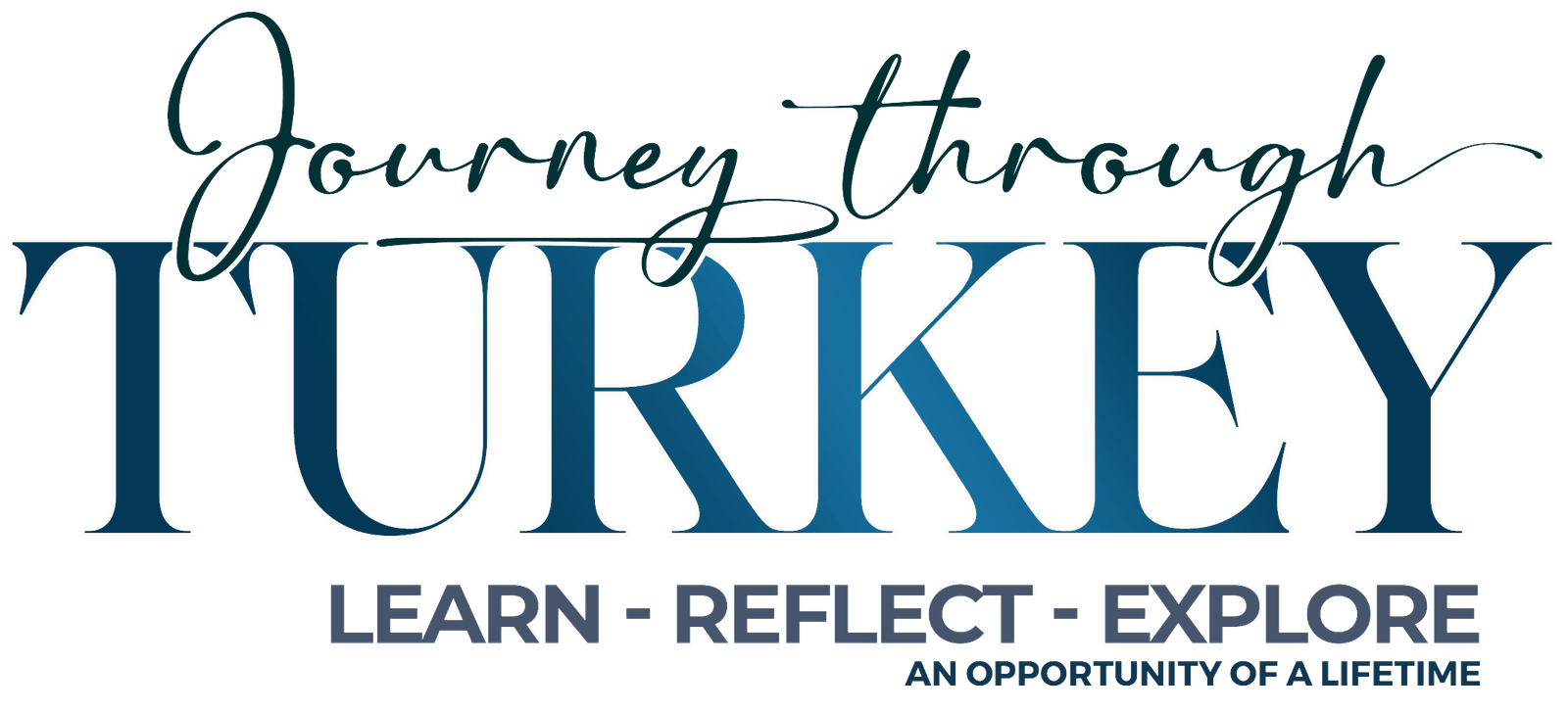Organizing Institution: The Aga Khan University
Contact email: [email protected]
Start Date: June 24, 2022 (10:00am +0:00)
End Date: July 2, 2022
Cost: Free
Website: https://www.aku.edu/events/pages/event-detail.aspx?EventID=1985&Title=Call%20for%20Papers,%20%E2%80%98Islam%20in%20the%20RE%20Classroom%E2%80%99
– California – United States
These twin online workshops aim to enhance the quality of learning and teaching about Islam at GCSE and A-Levels. They aid both the academic-theoretical and practical-pedagogical aspects of conducting Religious Education through drawing on the best practices in the field in terms of curriculum design, agreed syllabi, textbooks, lesson design, and delivery. They are jointly hosted by The Ismaili Tariqah and Religious Education Board (ITREB) for the UK and the Aga Khan University – Institute for the Study of Muslim Civilizations, London (AKU-ISMC) and will be held virtually on Saturday 25th of June and Saturday 2nd of July 2022.
Papers are invited for submission by January 10th, 2022. You will be notified of the acceptance of your paper by January 20th, 2022.
Please submit abstracts of no more than 250 words, and details of your current affiliation, to [email protected].
Papers will be twenty minutes long, followed by ten minutes of Q&A.
We warmly welcome submissions to present papers from teachers, academics, and policymakers of different kinds.
On one hand, the workshops aim to make teacher-practitioners more confident in teaching about Islam in mainstream secondary schools in the UK. On the other, they aim to initiate dialogue between the key stakeholders (include curriculum designers, researchers in relevant disciplines, PGCE RE faculty, and trainee teachers) to ensure that Islam is represented with greater complexity in textbooks and the classroom.
The study of Islam and Muslims is approached through an interdisciplinary lens that acknowledges the role of historical and socio-political contexts, ethnic and regional diversities, and Muslims’ overlapping identities. Thus, the lived manifestations of Islam, far from being a monolith, are a mosaic, one comprising a multitude of interpretations, traditions, spaces, and practices. This approach to engaging with religion does not only promote human agency and question authority but also invites curiosity and creativity on the part of teachers and students.
A movement away from essentialist and reified representations of Islam (focusing on beliefs and rituals alone) can also create spaces to engage with the aesthetic, artistic, mystical, and poetic expressions of faith over time and geography. Adopting a nuanced approach that takes into account the cultural differences and beliefs that evolved over time and geography, the workshop will provide the much-needed stimulus to the critical discussion of Islam in a secondary RE classroom. The recent works also point towards a worldview-based approach that can be crucial towards the understanding of Islam(s) in RE classrooms.
Sessions in the workshop will invite discussion of Islam in different civilizational contexts: instead of seeing Islam as the automatic or inevitable product of scripture, we will consider how different Islams were produced in different environments, and how these environments invited different interpretations of scripture or led certain parts of scripture to be prioritized over others.
We pursue this interest in how religion is defined, and its practical effects, in two areas where the academic study of religion has had the greatest impact, namely the concept of Abrahamic religion, and the identification of different claims to have authoritative interpretation. The inquiry of the study of religion in universities has often been divorced from RE in secondary schools, so this workshop is an attempt to see whether and where there are insights from work in this area that could be brought into schools. Here we ask whether the concept of Abrahamic religion is a useful one? What are its effects on the religions that are included as Abrahamic (Islam, Christianity, and Judaism) and those that are excluded (such as Buddhism, Hinduism, and Sikhism)? Likewise, we ask whether an explicit search for agendas in the interpretation of scripture can be an emancipatory tool, in an RE environment where religious leaders often have a role in defining curricula and teaching resources, or whether it is an unjustified intrusion of a skeptical approach into school teaching. The diversity of religious traditions has rightly been an important theme in recent discussions of RE, but here we invite discussion of the other side of this issue, namely why certain agents consider certain kinds of diversity in religion threatening and how they seek to police this diversity.
The workshop also considers the broader social and political context of RE in Britain. What role can RE play in integrating different groups, in a modern Britain where ever-larger numbers of children are members of religious diasporas and are highly conscious of political events overseas. The treatment of conflict in Israel-Palestine, Kashmir, or Xinjiang is only the most salient recent example of how global politics might affect the self-identity of Muslim students. One session considers this problem through the lens of government priorities, and how schools should relate to this. Another considers how students might themselves read scriptures, and whether reading scriptures together might develop understanding and solve shared problems. What presumptions do students and teachers bring to scriptures and how does this affect interpretation? And does the development of shared solutions to moral problems represent a step towards social cohesion or the compromise of the core values of a religious tradition?
Finally, the workshop also considers pedagogical reflection. Firstly, how diversity can be taught in the classroom: how should we explore the existence of multiple Islams? How are textual traditions embodied in different social and cultural contexts? And what kinds of reflection should this stimulate amongst students? This is a recurrent issue of concern for RE teachers on social media. Secondly, we invite participants to consider how the presence of different kinds of Muslim students offers distinctive challenges and opportunities for the teaching of Islam. Research on RE has often highlighted the importance of the subject to allow students to explore existential and soteriological questions that they cannot pose in other contexts, including those without a formal background in a religious tradition: is this as true for Muslim students as for non-Muslims? To what extent can arts and aesthetics can open possibilities of inter-disciplinary bridges towards the teaching and learning of RE? These pedagogical reflections can include discussions of recordings of teaching practice.
We intend to publish selected proceedings with the ISMC’s Muslim Contexts series with Edinburgh University Press.
Keynote Speakers
Dr. Feriel Bouhafa is a temporary University Lecturer at the Faculty of Divinity at Cambridge. She specializes in Islamic philosophy, especially the philosophy of law, and she is particularly interested in the Arabic reception of Aristotle and the thought of Ibn Rushd. (25th June)
Dr. Richard Kueh is Her Majesty’s Inspector of Schools and the National subject lead for Religious Education at Ofsted. He has previously been Vice-Principal of a secondary school and RE Specialist for a multi-academy trust. (25th June)
Dr. Anders Ackfeldt is a member of the Centre for Theology and Religious Studies at Lund University in Sweden. He specializes in the study of how Islam is expressed through the medium of hip-hop. In particular, he is interested in African-American Islam and theoretical perspectives on the study of Islam. (2nd July)
Dr. Farid Panjwani is Dean of the Institute for Educational Development, Aga Khan University, in Karachi, Pakistan. He was formerly a member of the Institute of Education in London (now part of UCL) and AKU-ISMC. (2nd July)



